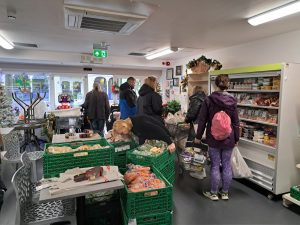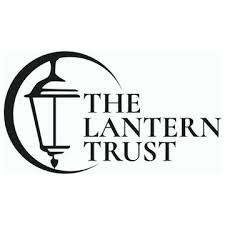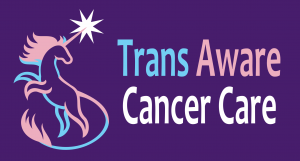United Players FC family will be hosting a Meet the Team Networking event at 333 on Friday 20th June 5.30-8.30pm in Central Bournemouth, this will give people the chance to meet the team, hear about the positive impact the project is having on young people’s lives plus the chance to become a sponsor or volunteer with us.

Help us continue supporting young people, that have been separated from their families, creating connections through the love of football.
We would love it if you could join us at this event and please feel free to pass the event information to anyone else who may be interested , and there will be some fabulous nibbles by Salt Co.
Please book via the following link https://www.eventbrite.com/e/1264438462479?aff=oddtdtcreator


















 Seeing the fruits of your labour in Bangladesh
Seeing the fruits of your labour in Bangladesh Exploring Embodied Research: Body Map Storytelling Workshop & Research Seminar
Exploring Embodied Research: Body Map Storytelling Workshop & Research Seminar Marking a Milestone: The Swash Channel Wreck Book Launch
Marking a Milestone: The Swash Channel Wreck Book Launch No access to BRIAN 5-6th February
No access to BRIAN 5-6th February ECR Funding Open Call: Research Culture & Community Grant – Application Deadline Friday 12 December
ECR Funding Open Call: Research Culture & Community Grant – Application Deadline Friday 12 December MSCA Postdoctoral Fellowships 2025 Call
MSCA Postdoctoral Fellowships 2025 Call ERC Advanced Grant 2025 Webinar
ERC Advanced Grant 2025 Webinar Update on UKRO services
Update on UKRO services European research project exploring use of ‘virtual twins’ to better manage metabolic associated fatty liver disease
European research project exploring use of ‘virtual twins’ to better manage metabolic associated fatty liver disease